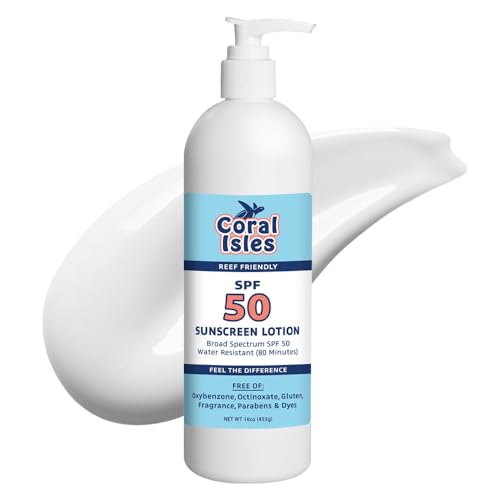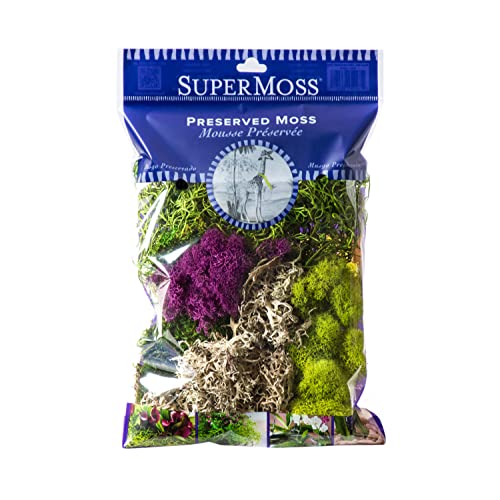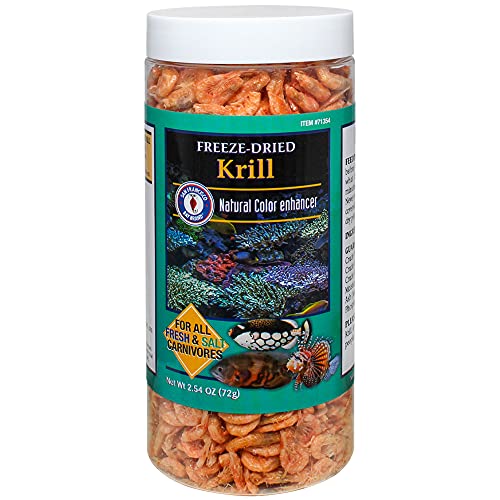Boomer;
1. You are pushing the limits of water chemistry. You know the recommended 7-to-11 dkh Alkaliniy and the recommended PH of 8.4 , there has to be a limit somewhere when dosing Kalkwasser. Many push the limits, I see my soft corals start to close up around 12-dkh and I do not have excess Borate in my tank giving me errors in my Alkaliniy readings. This is proven safe scientific fact!
2. I refer to a ballpark figure. I have 13-tanks --- not the biggest tanks around but this is what I average as consumption for Alkalinity and Calcium. Others may vary and do.
3. I also, suggest different means for mixing Kalkwasser --- adding vinegar for example if your tank does not have enough evaporation, more Calcium is needed, to lower PH, and to keep Alkalinity up through the night. So, Kalkwasser can be fed to a reef tank until one of the limiting factors are reached.
I do know the chemical relationship and coral uptake of Alkalinity and Calcium.
------------------------------------------------------------------------------------
Full Article:
http://www.advancedaquarist.com/issues/nov2002/chem.htm
"Let’s first look at how calcium and alkalinity are consumed in reef tanks."
Calcium is largely consumed by formation of calcium carbonate. This happens biologically3 in corals, coralline algae, mollusks, and a variety of other organisms. It can also happen abiotically1, such as by precipitation on heaters and pump impellers. In a reef tank with rapidly calcifying organisms, this effect will so predominate any other calcium export mechanism, that no others need be considered for this purpose.
Alkalinity2 for our purposes here is comprised of bicarbonate and carbonate. The vast majority of alkalinity depletion in most tanks also comes about by the precipitation of calcium carbonate, as described above.
In this process, as alkalinity is depleted by 1 meq/L, calcium will be depleted by 20 ppm. There are some other processes that can lead to alkalinity depletion, including partial cycling of nitrogen (from organic compounds to nitrate and no further) and the incorporation of magnesium into calcium carbonate, but these are generally much less important than calcification.
Consequently, alkalinity depletion in most tanks (especially in short time frames) is tightly coupled to calcium depletion, and if one supplements calcium and alkalinity in proportions equal to those that they are being removed, then it is MUCH less likely that calcium and alkalinity will become imbalanced and thereby trickier to correct.
OFM




































































